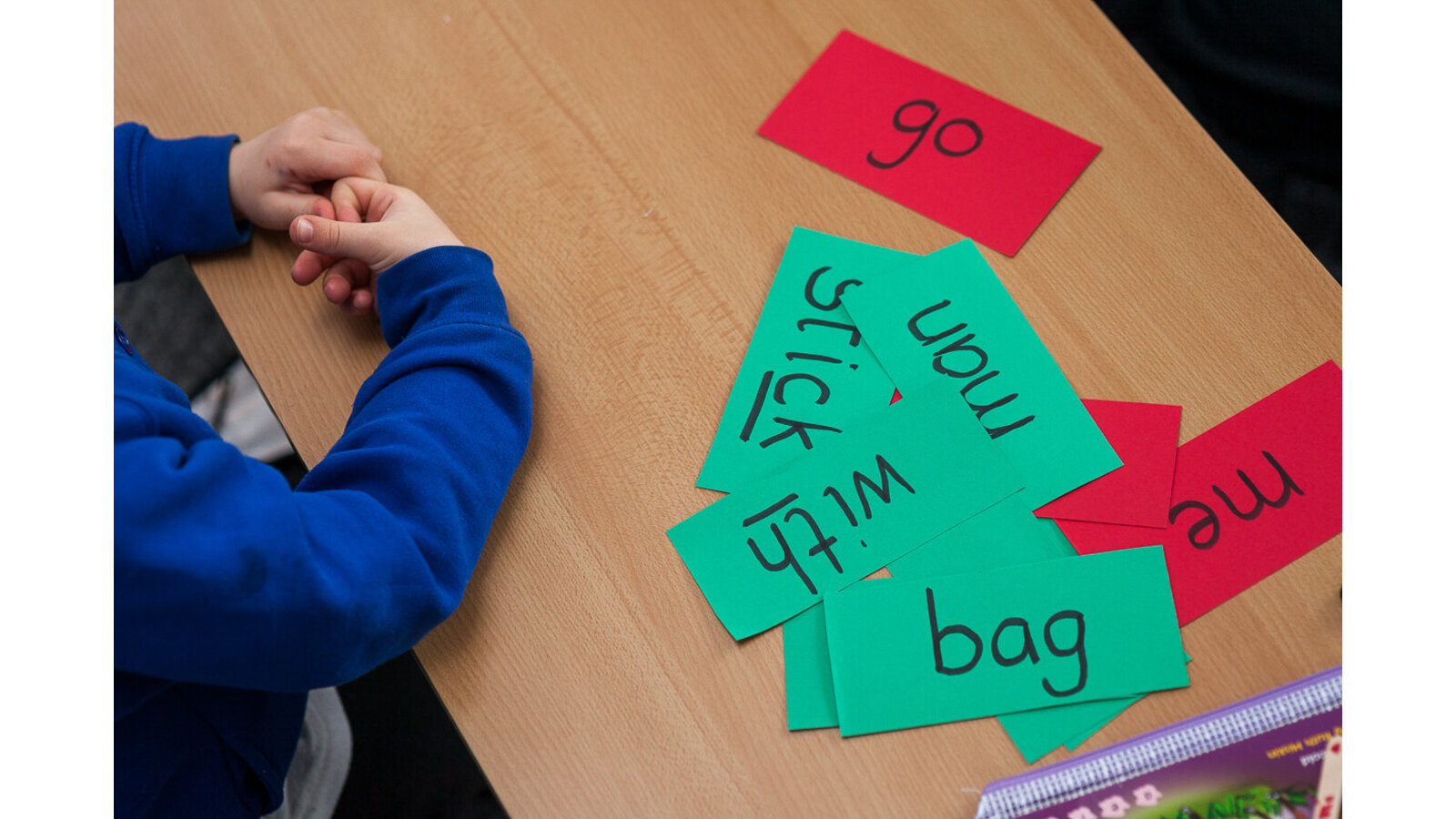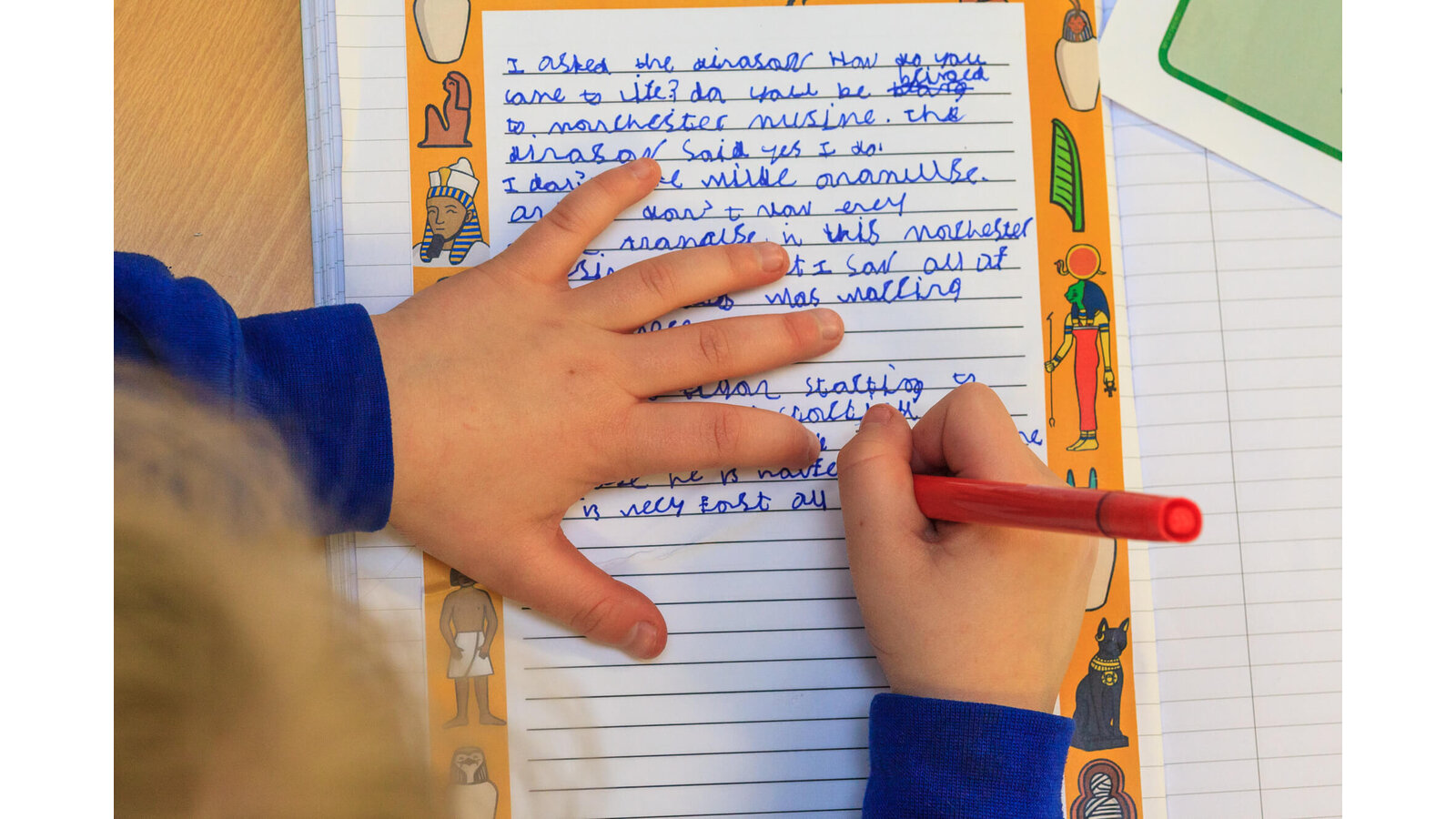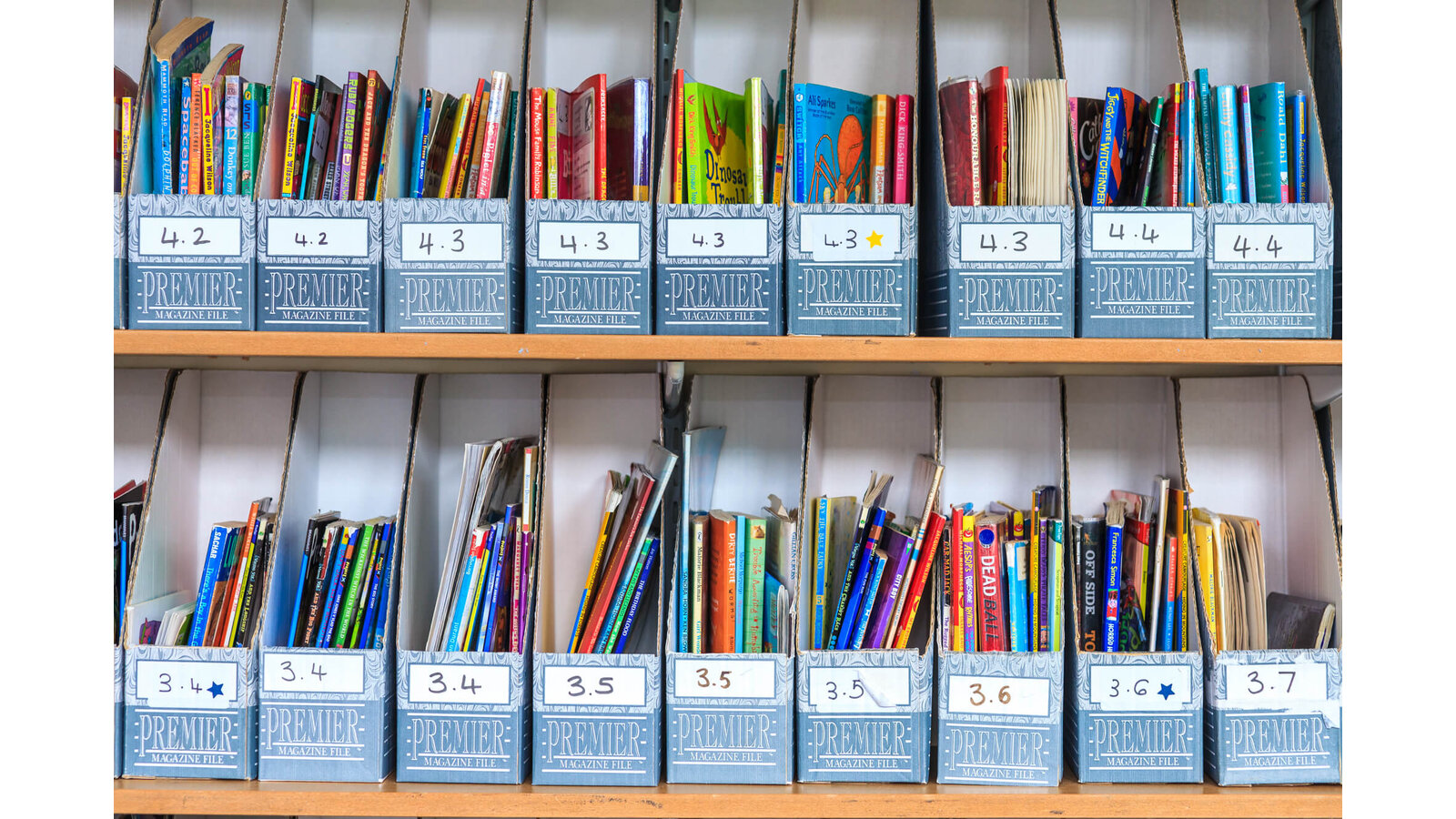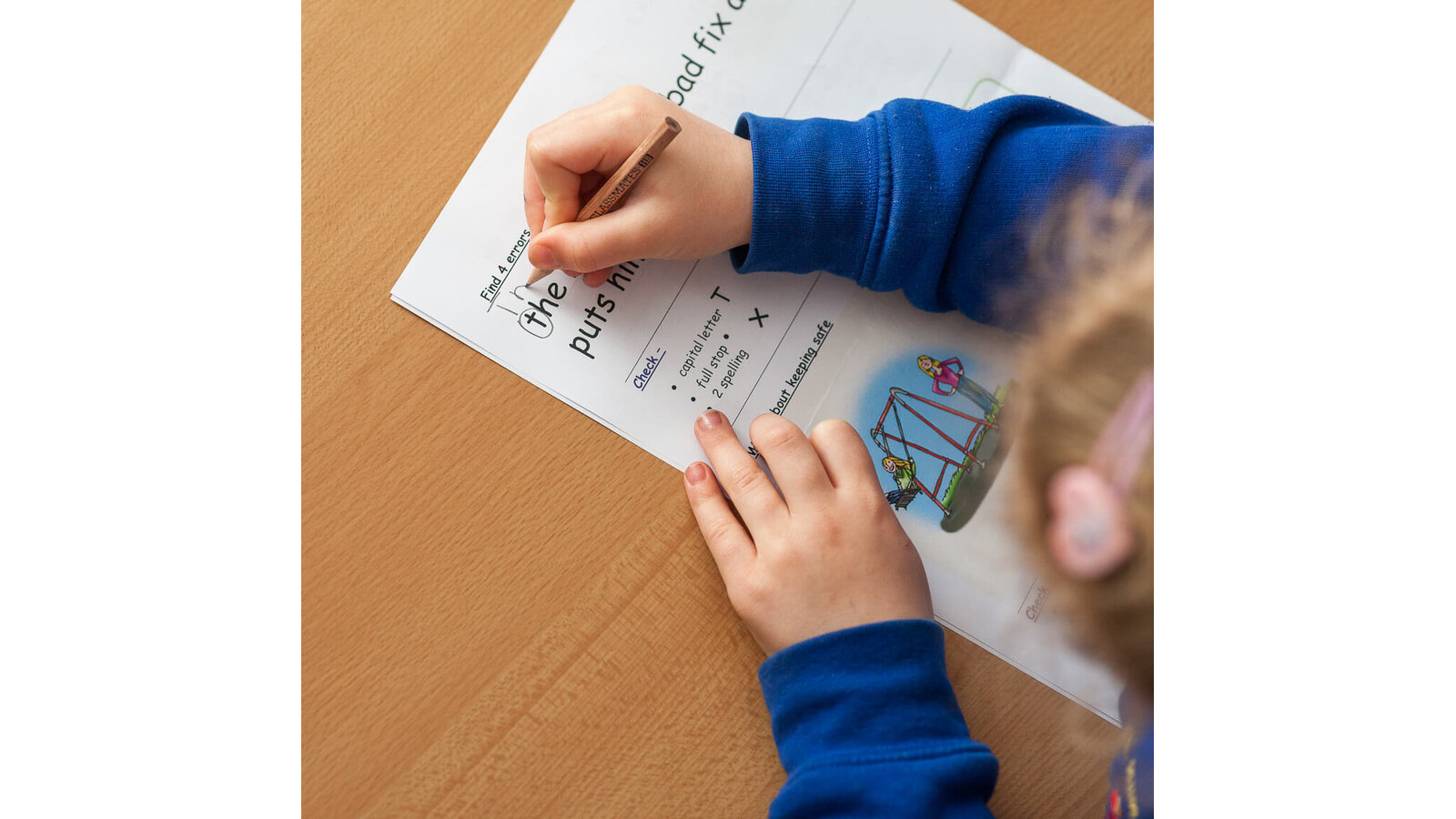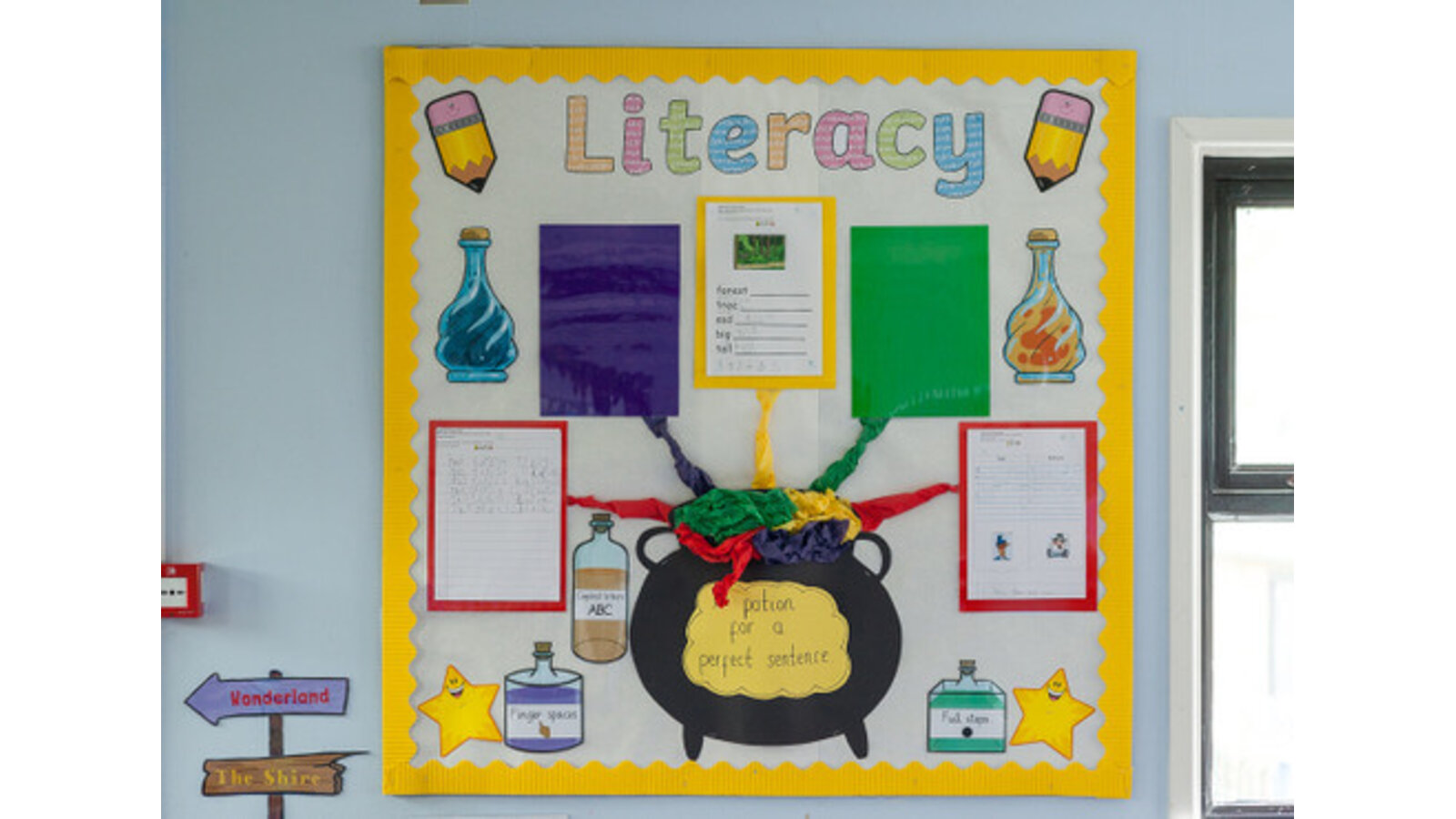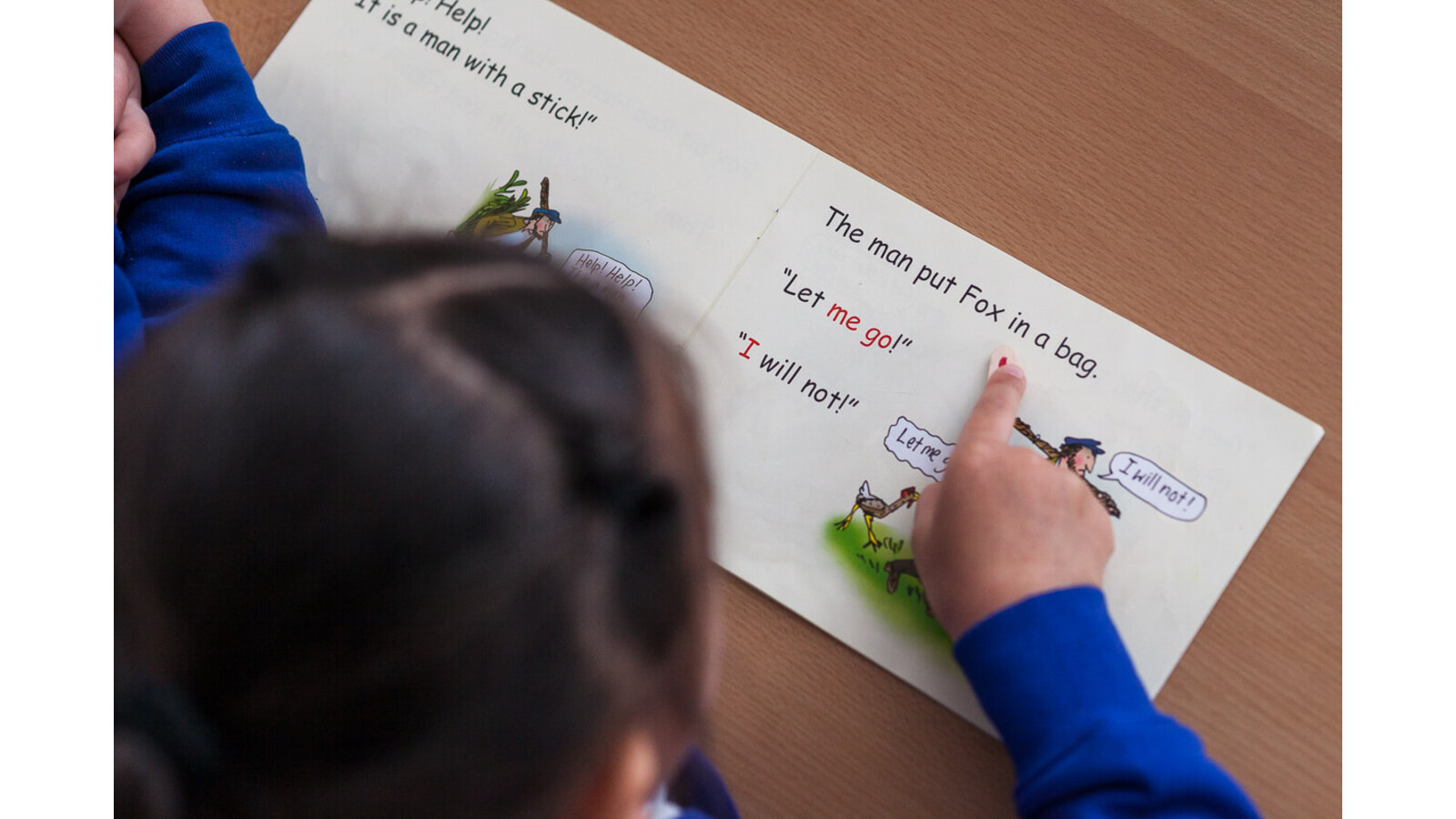Intent
At Moorhill Primary School we believe that a quality English curriculum should develop children’s love of reading, writing and spoken communication. We have a rigorous and well organised English curriculum that provides many purposeful opportunities for reading, writing and spoken communication. Our curriculum follows the aims of the National Curriculum for English 2014 to enable all children to:
- read easily, fluently and with good understanding,
- develop the habit of reading widely and often, for both pleasure and information,
- acquire a wide vocabulary, an understanding of grammar and knowledge of linguistic conventions for reading, writing and spoken language,
- appreciate our rich and varied literary heritage,
- write clearly, accurately and coherently, adapting their language and style in and for a range of contexts, purposes and audiences,
- are competent in the arts of speaking and listening.
These aims are embedded across our English lessons and the wider curriculum. We will provide the means for children to develop a secure knowledge-base in English, which follows a clear pathway of progression as they advance through the primary curriculum. Rigorous assessment and review will ensure that we are able to provide targeted support so that all children experience success in English; we believe that a secure basis in English is crucial to a high quality education and will give our children the tools they need to participate fully as a member of society.
Implementation
Early reading and writing is supported through the Read Write Inc scheme. Regular training and development days ensure that staff are equipped to teach with the expertise and skills required to promote excellent progress, as well as a love of reading. Children are matched to a reading book through RWI, phonically appropriate books and Accelerated Reader.
In KS2, or when children have completed the RWI programme, they further develop deeper reading skills in line with the progression map for the school. Each class, has, in its timetable, time for independent reading, guided reading and opportunities to listen to stories. The children also take part in organising and developing their classroom reading area. Involving parents is important so we communicate and raise the profile of reading through a half termly newsletter.
When planning literacy lessons, teachers make links to other areas of the curriculum to ensure that cross curricular links provide further context for learning. Teaching blocks focus on fiction, non-fiction or poetry, using high quality texts, in line with the 2014 National Curriculum and comprehension, grammar and writing are embedded in lessons. Lessons sequences themselves build progressively towards an extended piece of writing. Handwriting and spelling are taught outside the English lesson in short focussed sessions.
Assessment for Learning is embedded in literacy lessons and children are active in reviewing the successes in their work and identifying, with support from their teacher, target areas for development to ensure a continuous and individualised approach to improving their work.
Impact
Reading and writing are valued highly by the children and they can talk confidently about their reading and writing. Children are about to talk confidently about their preferences and through the careful choosing of texts build on their cultural capital. Children can write for a range of audiences and purposes using a developing and growing range of vocabulary.
Learners with Special Educational Needs
At Moorhill, we scaffold and adapt the learning to enable all learners to succeed.
Learning is adapted through:
- Explicit teaching and modelling
- Scaffolded resources
- The use of concrete manipulatives
- Pictorial examples and representations
- Use of technological resources to support learning
- Frequent revisiting of skills
- Adult support
Reading
Intent
At Moorhill Primary School, we believe that every learner should leave our school with the necessary skills to read accurately, fluently and with understanding in order to achieve success throughout their adult life. They see reading as key to their success and engage with it enthusiastically, reading for pleasure and information. They use the new vocabulary acquired through reading in context to support their communication with the wider world. They demonstrate a deep understanding of what they have read and are able to articulate why authors have crafted texts in a particular way, understanding how this affects them as a reader, enabling them to read critically in a world of increasing information.
Implementation
Guided reading structure for Year 3 to Year 6

Reading Progression Map
Impact
As a result of teaching reading in this way, it is expected that learners will:
- Make excellent progress from their starting points.
- Develop the full range of reading skills and apply these in different contexts.
- Utilise reading skills independently, knowing when and why to use each.
- Be fluent in their reading and read with understanding.
- Respond to questions with high-levels of articulation.
- Deepen their reading skills regularly.
- Access reading tests with the confidence to succeed.
Learners with Special Educational Needs
At Moorhill, we scaffold and adapt the learning to enable all learners to succeed.
Learning is adapted through:
- Explicit teaching and modelling
- Scaffolded resources
- The use of concrete manipulatives
- Pictorial examples and representations
- Use of technological resources to support learning
- Frequent revisiting of skills
- Adult support
Reading Impact
Writing
Intent
At Moorhill Primary School, we aim to ensure all of our children develop a genuine love of language and the written word, through a text-based approach. Careful links are made across the curriculum to ensure that children’s English learning is relevant and meaningful: where possible linking our reading, writing and the topic that we are covering in History, Geography and Science. We ensure that children develop an understanding of how widely writing is used in everyday life and, therefore, how important and useful the skills are that they are learning.
Key Principles for Planning Writing
Our intentions in writing are for children to:
- Write for a purpose
- See themselves as real writers
- Take ownership of their writing
- See writing as an interesting and enjoyable process
- Acquire the ability to organise and plan their written work Implementation
Implementation
Our whole curriculum is shaped by our school vision which aims to enable all children, regardless of background, ability, additional needs, to flourish to become the very best version of themselves they can possibly be. We teach the National Curriculum, supported by a clear skills and knowledge progression. This ensures that skills and knowledge are built on year by year and sequenced appropriately to maximise learning for all children. We aim to develop children’s ability to produce well-structured, detailed writing in which the meaning is made clear, and which engages the interest of the audience/reader. Particular attention is paid throughout the school to the formal structures of English: grammatical detail, punctuation and spelling.
Teachers clearly model writing skills and document the learning journey through consistent working walls; guided writing sessions are used to target specific needs of both groups and individuals. Children have opportunities to write at length, in extended, independent writing sessions at the end of a unit of work – applying their taught skills to an unsupported piece of writing.
Throughout the Early Years, Key Stage 1 and Key Stage 2, we teach writing through a text-based approach (including RWI), which allows us to meet the needs of the children that we are teaching – through choosing a text that will engage, inspire and motivate. As well as reading a wide variety of genres, children are given frequent opportunities to develop their skills in writing in different genres. Each term, children will publish a piece of writing and will be displayed on clipboards in the corridors throughout the school; this is known as “Clip it, clap it”. This allows every child to have a written piece of work on the walls, which can be seen and celebrated by all, as well as knowing they are writing for a purpose and being seen as real writers.
Pupils are taught discrete punctuation and grammar skills, appropriate to their year group, within our text based approach to planning, allowing opportunities to identify, practice and consolidate grammatical understanding, whilst also being immersed in a text. Children then apply the grammar and punctuation skills that they have learnt in their extended pieces of writing.
Spelling
At Moorhill Primary School, spelling is taught regularly in focused sessions within each class using either RWI or No-Nonsense spelling scheme. Class teachers use No Nonsense Spelling to support with the teaching of the different spelling rules and this can often be used as homework for children when applicable.
Impact
By the time children leave our school they will:
- Make good progress from their KS1 results
- Have a love for writing and write for enjoyment
- Be able to produce written work in all areas of the curriculum to a high standard
- Be confident to write for a range of different purposes
